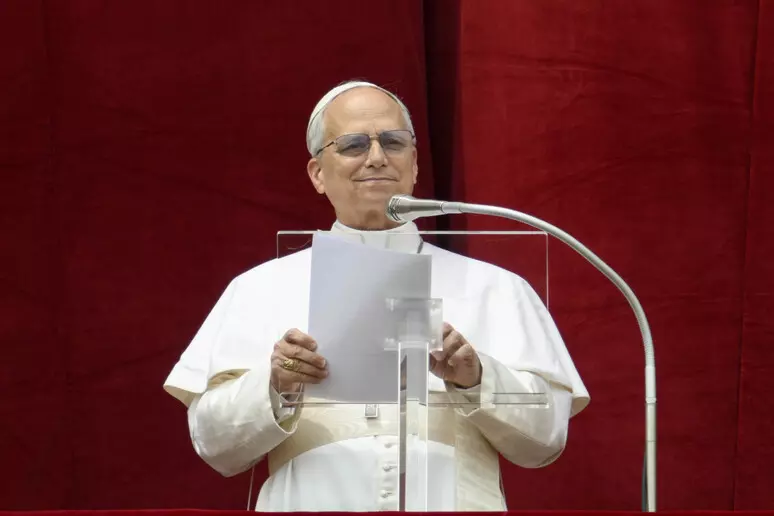The optimism surrounding Pope Leo XIV’s recent election is being overshadowed by renewed scrutiny over his past handling of clergy sexual abuse cases — a past that survivors say reflects systemic failures that demands urgent reform.
At a press conference Tuesday, members of SNAP — the Survivors Network of those Abused by Priests — called for sweeping global changes in the Catholic Church’s approach to clerical abuse, and leveled criticism directly at the new pontiff, formerly Cardinal Robert Prevost.
SNAP accused Prevost of failing to act decisively against priests credibly accused of abuse during his tenure in various roles across the United States, Peru, Colombia, Canada, and Australia. “From our experience, it often takes public pressure for real change to happen,” said SNAP President Shaun Dougherty.
The Archdiocese of Chicago quickly issued a statement defending Prevost, stating that he “acted with compassion toward victims” and followed all applicable Church protocols at the time. The five-point statement noted that he removed suspects from ministry, provided support to survivors, and reported allegations to civil authorities.
But SNAP released internal records that appear to challenge that narrative.
Among the examples cited was a case dating back to 1993, involving a priest with multiple abuse allegations who eventually left the priesthood and found work as a tour guide at Chicago’s Shedd Aquarium — a role that placed him in regular contact with children. According to SNAP, the man’s employment came with the recommendation of a senior Augustinian official, and although Prevost inherited the case in 1999, legal representatives say he failed to intervene in a timely and adequate manner.
Another case raised concerns from Prevost’s time as bishop of the Diocese of Chiclayo in northern Peru, where he served from 2014 to 2023. In 2022, three women came forward with accusations against two local priests. A Vatican office initially dismissed the case, but it was reopened only after Prevost left for Rome.
The Vatican, in response, insisted the bishop adhered to canonical procedures, imposed temporary restrictions on the accused, and notified Peruvian authorities — who, however, were unable to proceed due to the statute of limitations. The Holy See emphasized that the case was reopened, and victims were formally heard.
Tensions within the Vatican have also surfaced. Some officials allege that a smear campaign is being waged against the pope by members of the controversial Peruvian Catholic group Sodalitium Christianae Vitae, which was disbanded by Pope Francis amid revelations of serious abuse. Prevost played a central role in investigating the group, and insiders suggest that disgruntled former members may be fueling social media attacks to discredit him.
But for abuse survivors, internal politics are a secondary concern. What matters most, they say, is enforcing a universal policy akin to the one adopted by U.S. bishops after the 2002 Boston scandal: the permanent removal from ministry of any priest found to have abused, either by confession or credible evidence.
“Until the Church applies the same standard everywhere, it hasn’t truly turned the page,” SNAP leaders said.












